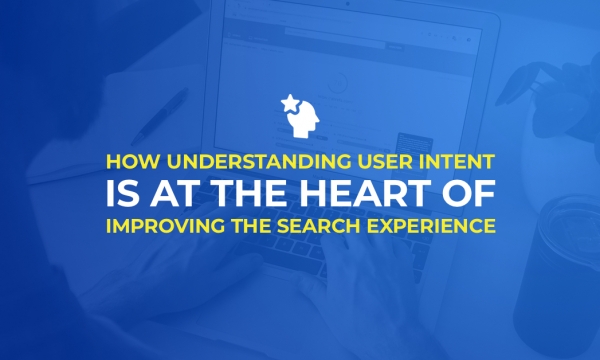Reports began to surface of a potential algorithm update last week, with a particularly high reading recorded on the Mozcast for 17 Jun.
Speculation did surface that the volatility being reported was the result of Wikipedia implementing a site-wide change to HTTPS. However, Google has since confirmed that it did roll out an algorithm update last week.
Unsurprisingly, Google hasn’t revealed much about the update, but did give the following statement to Search Engine Land – unequivocally ruling out a link with Panda:
This is not a Panda update. As you know, we’re always making improvements to our search algorithms and the web is constantly evolving. We’re going to continue to work on improvements across the board.
So if this update wasn’t anything to do with Panda, what was it?
Look at the winners
A good place to start in unlocking the secrets of any algorithm update is to look at the winners and losers. SearchMetrics has dug into the data and found that media publishers were amongst the biggest winners from the change, with Fortune.com, Businessinsider.com. NBCNews.com, TechCrunch and Gizmodo all amongst the big winners.

What do these sites have in common? Fresh, relevant and original content. The clear indication so far is that new, newsworthy content is what Google is looking for here.
Google, of course, hasn’t confirmed this but the link has already been drawn between this update and the launch of an updated version of Google Trends, which allowed the search engine to track Google news and YouTube to identify trending topics. This could be the first sign that Google is building trending topics into its algorithm.

The lesson for brands?
Once again, the lesson here is content, content, content. This would appear, on the face of it, to be another push by Google to reward those sites that provide relevant, meaningful content on the topics that matter to its users.
Does this mean that brands should be jumping on every trending bandwagon? Of course not. But what it does suggest is that if you are building real-time events and reactive content into your content marketing plan, Google’s emphasis on trending topics may work in your favour. How you are able to tell your brand story in a context that your audiences are talking, and how quickly you are able to react to an emerging trend that potentially affects your brand or your audiences, should be a core aspect of your content marketing strategy.
For practical insights, step-by-step recommendations and checklists to help you develop an effective and sustainable SEO and content marketing strategy, download your free 45-page report now.


